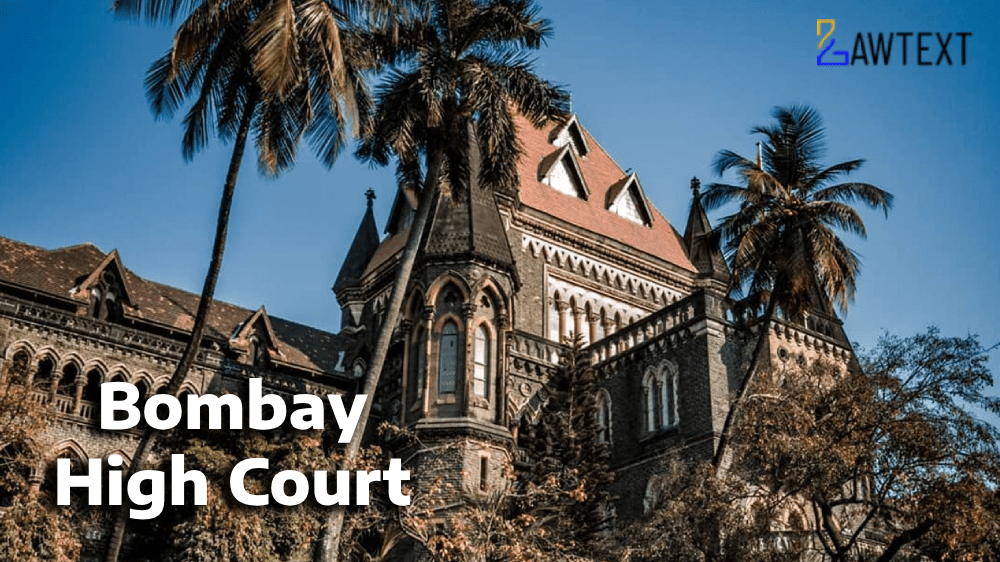

The Bombay High Court, Nagpur Bench, set aside the conviction of Appellant, who was earlier sentenced for offenses under Sections 328 and 376(2)(i) of the Indian Penal Code (IPC) and Sections 3 and 4 of the Protection of Children from Sexual Offences Act, 2012 (POCSO). The appeal was allowed based on insufficient evidence, questionable witness credibility, and the absence of medical corroboration of the alleged sexual assault.
The case revolves around the accused Kailas Dawar, who was convicted by the Special Judge for administering pills and committing sexual assault on a minor girl aged 7 at the time of the incident, which allegedly took place in 2018. The girl's mother lodged an FIR, and Dawar was convicted under IPC and POCSO based on the victim’s testimony and other evidence.
The prosecution’s case relied heavily on the testimonies of the victim and her mother. However, the Court observed inconsistencies in their statements:
There were significant delays in conducting the medical examination of the victim. The mother initially refused consent, and the medical check-up was carried out two years after the alleged incident. The medical officer’s testimony did not provide conclusive evidence of sexual assault, as the injuries could have occurred from other causes.
The prosecution presented a school admission register to establish the age of the victim, confirming that she was 7 years old at the time of the incident, meeting the definition of a child under the POCSO Act.
The Court noted that the actions of the victim’s family and other witnesses during and after the incident were inconsistent and raised doubts about the veracity of their statements. The children who witnessed the incident did not raise any immediate alarm or report the matter to their elders promptly.
The Court held that the presumption under Section 29 of the POCSO Act, which allows for a presumption of guilt against the accused, is not absolute and must be based on established facts. In this case, the prosecution failed to establish those foundational facts beyond a reasonable doubt.
Indian Penal Code (IPC):
Protection of Children from Sexual Offences (POCSO) Act, 2012:
Criminal Procedure Code (Cr.P.C.):
The Court concluded that the prosecution had failed to prove the charges against the accused beyond a reasonable doubt due to:
#Acquittal #SexualAssault #POCSO #IPC #CriminalAppeal #MedicalEvidence #WitnessCredibility
Citation: 2024 LawText (BOM) (9) 55
Case Number: CRIMINAL APPEAL (APEAL) NO. 47 OF 2022
Date of Decision: 2024-09-05
Case Title: Kailas S/o. Rama Dawar (Jail) Versus State of Maharashtra & Ors.
Before Judge: G. A. SANAP, J.
Advocate(s): Mr. A. S. Londhe, Advocate for the appellant Ms Ritu Sharma, APP for the respondent/State Ms Sonal Tripathi, Advocate for respondent No.2
Appellant: Kailas S/o. Rama Dawar (Jail)
Respondent: State of Maharashtra & Ors.